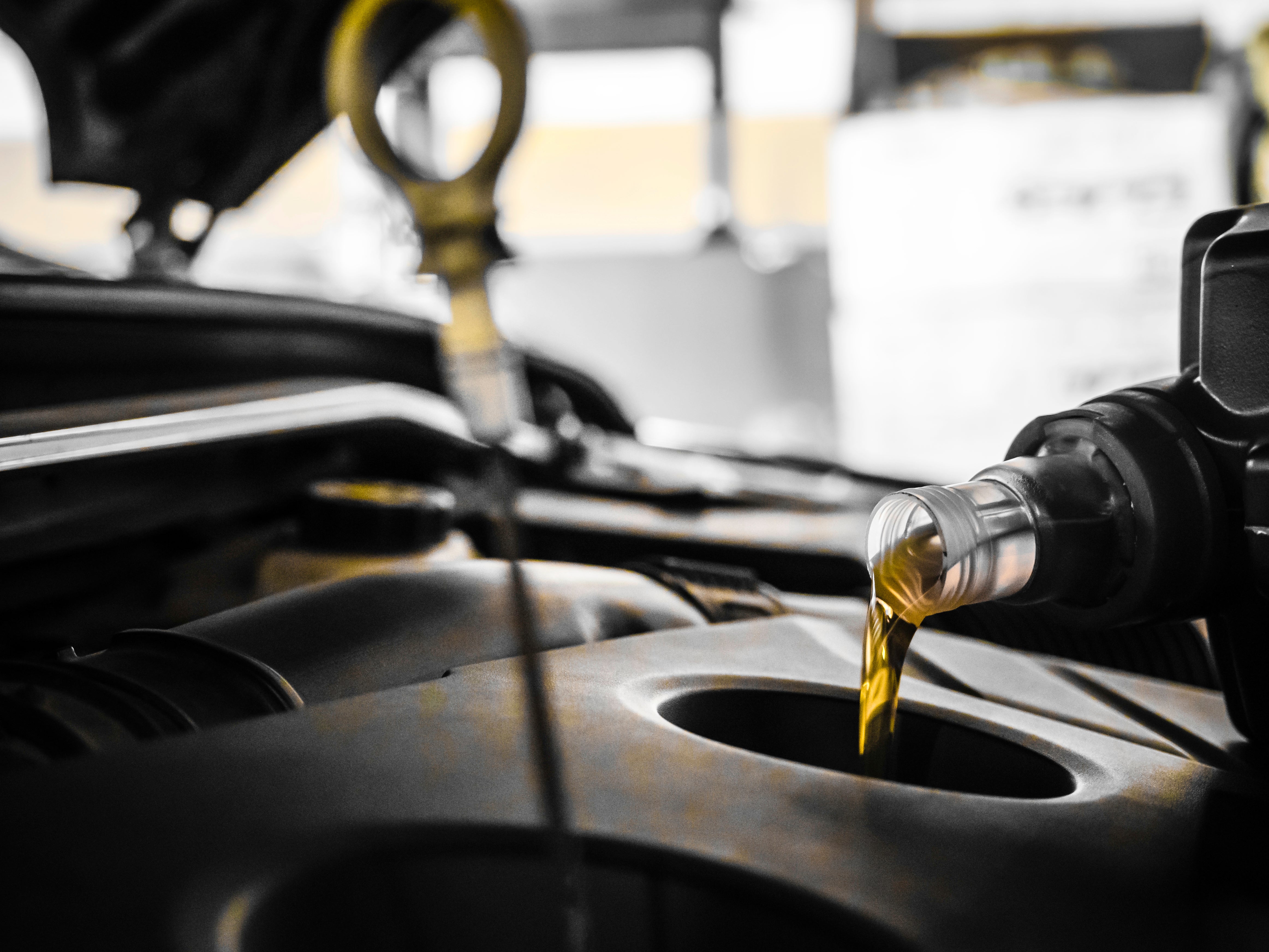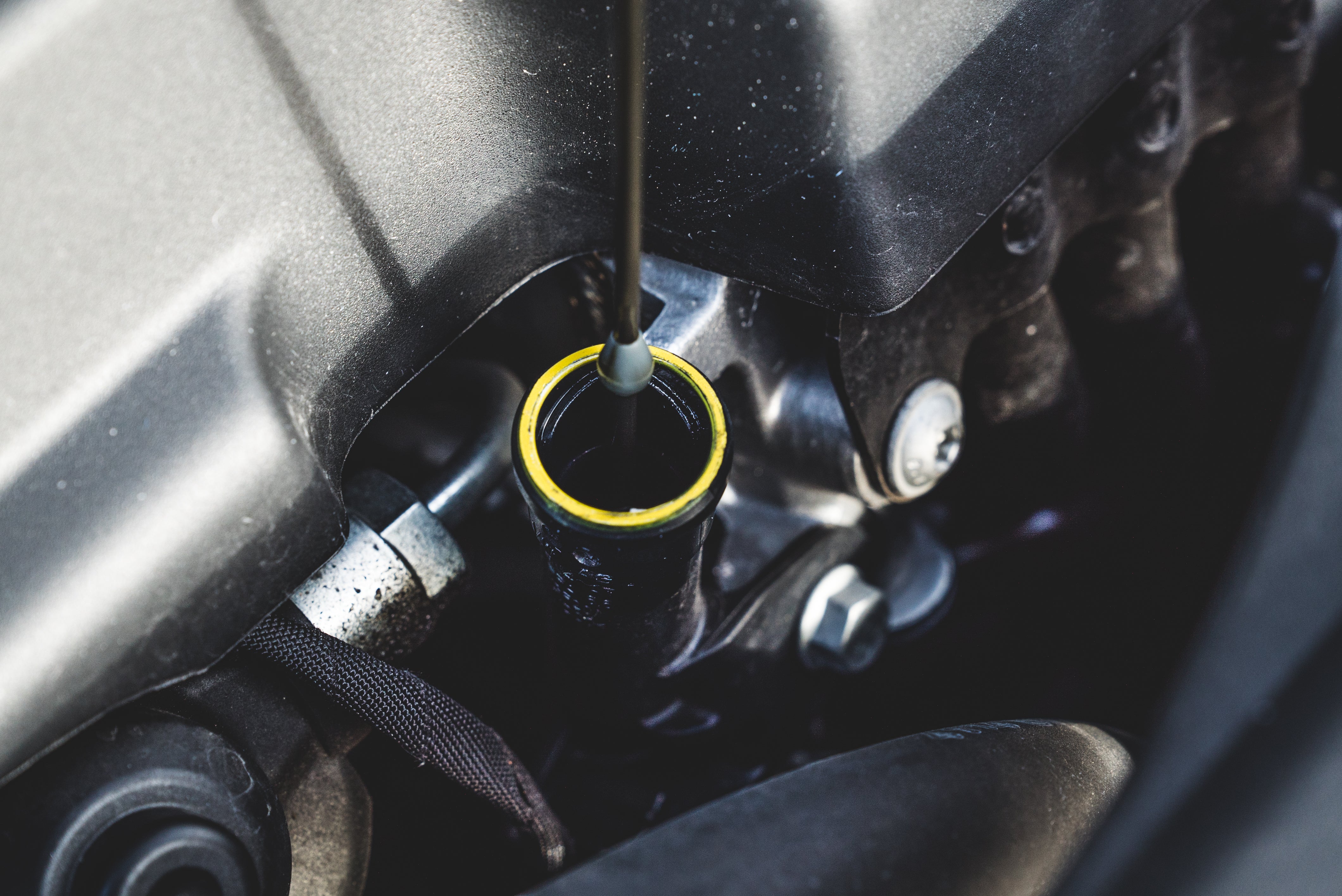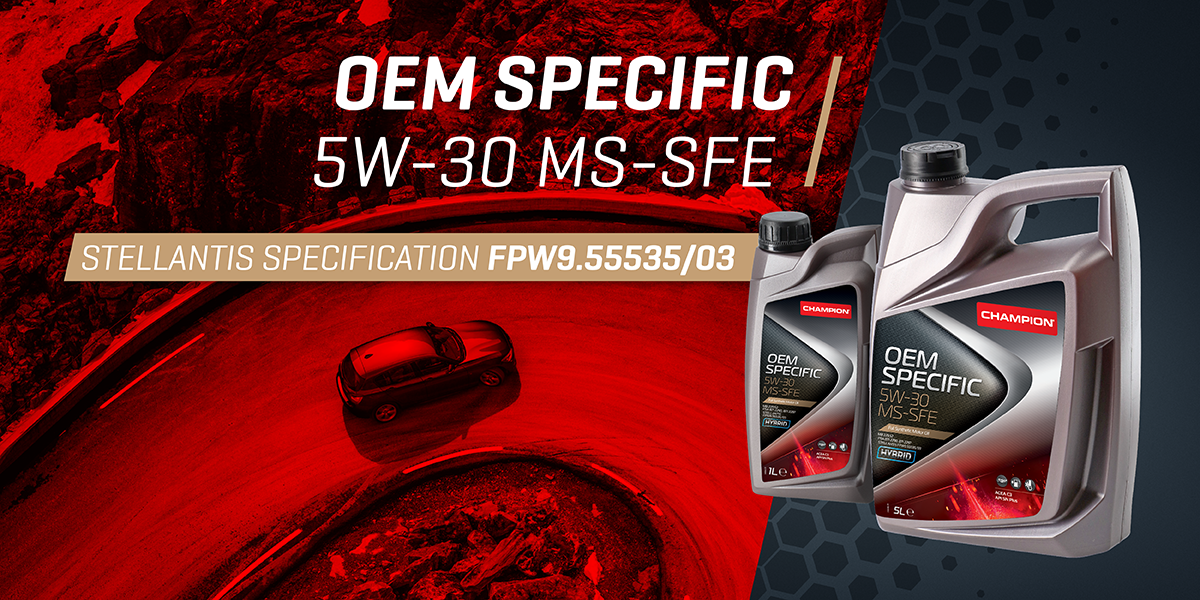
Champion Myth Busters: Top 5 Engine Oil Misconceptions

Buckle up, because we're about to debunk the most common engine oil myths! Engine oil is your vehicle's lifeblood, and we're here to ensure you unleash its true potential. From maximizing engine performance to reducing emissions and boosting fuel economy, our myth-busting journey will reshape the way you think about engine oil.
It is okay to use a different oil specification than the one listed by the manufacturer
While this may be true in some circumstances, like extreme climates, it is never recommended. Engines have been developed, tested and manufactured to use a certain specification of engine oil.
If you use the wrong type of engine oil, it can be really catastrophic. This could include increased wear of engine internals, corrosion, blockages, breaking components and seizing the engine. Remember that specifications are not just a viscosity grade, they are also an exact combination of additives to meet the manufacturer's engineering requirements.
Engine oils just lubricate the internal parts
While lubrication is certainly the primary purpose of engine oil, it is not the only one. Engine oil serves multiple essential functions to ensure the smooth operation and longevity of an engine. Firstly, it acts as a lubricant, coating all moving parts with a protective film enriched with special additives. This film not only reduces drag and friction but also enhances engine efficiency, ultimately improving fuel economy.
Secondly, engine oil plays a crucial role in heat management by dissipating excessive heat from high-temperature areas, such as around pistons, throughout the engine. Thirdly, engine oil facilitates the removal of contaminants from engine components, which is increasingly important given the extended drain intervals of modern vehicles. Lastly, engine oil safeguards against corrosion and rust, prolonging engine life.
Oil viscosity doesn’t really matter for the optimal performance
This could not be more wrong! Oil viscosity is a critical aspect of engine oil as it directly impacts the performance and efficiency of an engine. Viscosity refers to the oil's resistance to flow, which determines its ability to provide adequate lubrication under varying temperatures and conditions.
Using the specified viscosity recommended by the car manufacturer ensures that the engine oil maintains an optimal balance between flow and lubrication, protecting the engine components against wear, friction, and heat.

Deviating from the manufacturer's recommended viscosity may result in poor engine performance, increased wear and tear, and potentially reduced engine life. Therefore, adhering to the manufacturer's guidelines for oil viscosity is essential for maintaining the overall health, performance, and longevity of your engine.
Mineral oil is the same as synthetic oil
Mineral oil and synthetic oil are not the same. Each possesses distinct characteristics and properties that determine its overall performance. Mineral oil is derived from crude oil, a naturally occurring substance, and undergoes a refining process to remove impurities. On the other hand, synthetic oil is a product of advanced chemical engineering, which enables it to have more consistent molecular structures, tailored properties, and superior performance.
Synthetic oil offers better thermal stability, oxidation resistance, and enhanced lubrication properties compared to mineral oil. These advantages lead to improved engine protection, reduced wear, and extended drain intervals. Although synthetic oil is more expensive than mineral oil, it is much better at lubricating and protecting engines, which is why most modern vehicles specify synthetic.
I don’t need to do an oil change, I can just keep topping it up
Topping up the engine oil between services is entirely valid and necessary if you notice the level drop. However, regularly topping it up instead of regular oil changes is a terrible idea! This misguided approach neglects the critical role that oil changes play in maintaining a healthy and efficient engine.
Over time, engine oil accumulates contaminants, breaks down, and loses its effectiveness due to heat, pressure, and chemical reactions. Simply topping up the oil level fails to address these issues and can even exacerbate them by diluting the new oil with the degraded and contaminated old oil. Frequent oil changes, on the other hand, flush out the old oil and impurities, instead introducing fresh oil that restores optimal lubrication, heat management, and engine protection.
Check out our rich range of advanced lubricants here.

